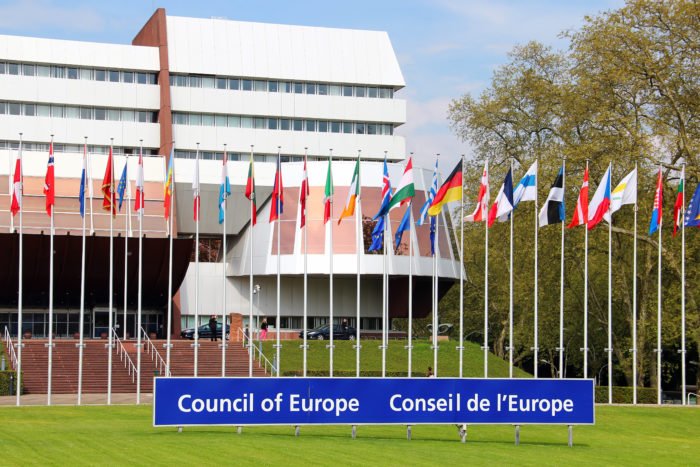The European Court of Human Rights (ECtHR) has posed a series of questions to the Turkish government about the abysmal conditions of Turkish prisons in the case of Osman Kacır and 56 others who claimed their rights were violated by the government.
According to Turkish media, the questions concerned complaints about overcrowding, sanitary conditions and access to open air areas as well as social, cultural and sports activities the inmates are allowed to participate in.
One of the complainants said he was forced to sleep on a mattress on the floor for seven months in İzmir’s Menemen Prison, taking turns with others to sleep in bunk beds. Another gave a similar account, saying he had to sleep on a mattress on the floor in front of the toilets in Kocaeli Prison and that they had to wait 45 minutes to use the facilities. Other complaints included restrictions in the use of hot water and limited trash collection.
The complaints were filed under Article 3 of the European Convention of Human Rights, which stipulates that “No one shall be subjected to torture or to inhuman or degrading treatment or punishment.”
The ECtHR asked the Turkish government specific questions about prison conditions including the capacity of wards and the number of people held; the size and number of windows and whether the inmates are allowed to open them; the size of open air areas the inmates are able to use and the time/duration that they are allowed to use those areas; the number of toilets/showers in wards, the trash collection schedules and regulations on the use of cleaning products by inmates.
In a separate complaint filed by Mehmet Subaşı and 30 others the ECtHR also asked the Turkish government if the inmates were sent to prisons far from the cities their families reside in.
The Turkish parliament passed an early parole law on April 14 aimed at reducing the inmate population of the country’s overcrowded prisons due to the coronavirus pandemic. Yet, the legislation excluded political prisoners, including opposition politicians, journalists, lawyers, academics and human rights defenders convicted under the country’s controversial counterterrorism laws. The law prompted calls from the UN, the EU and rights groups for the non-discriminatory reduction of prison populations.















